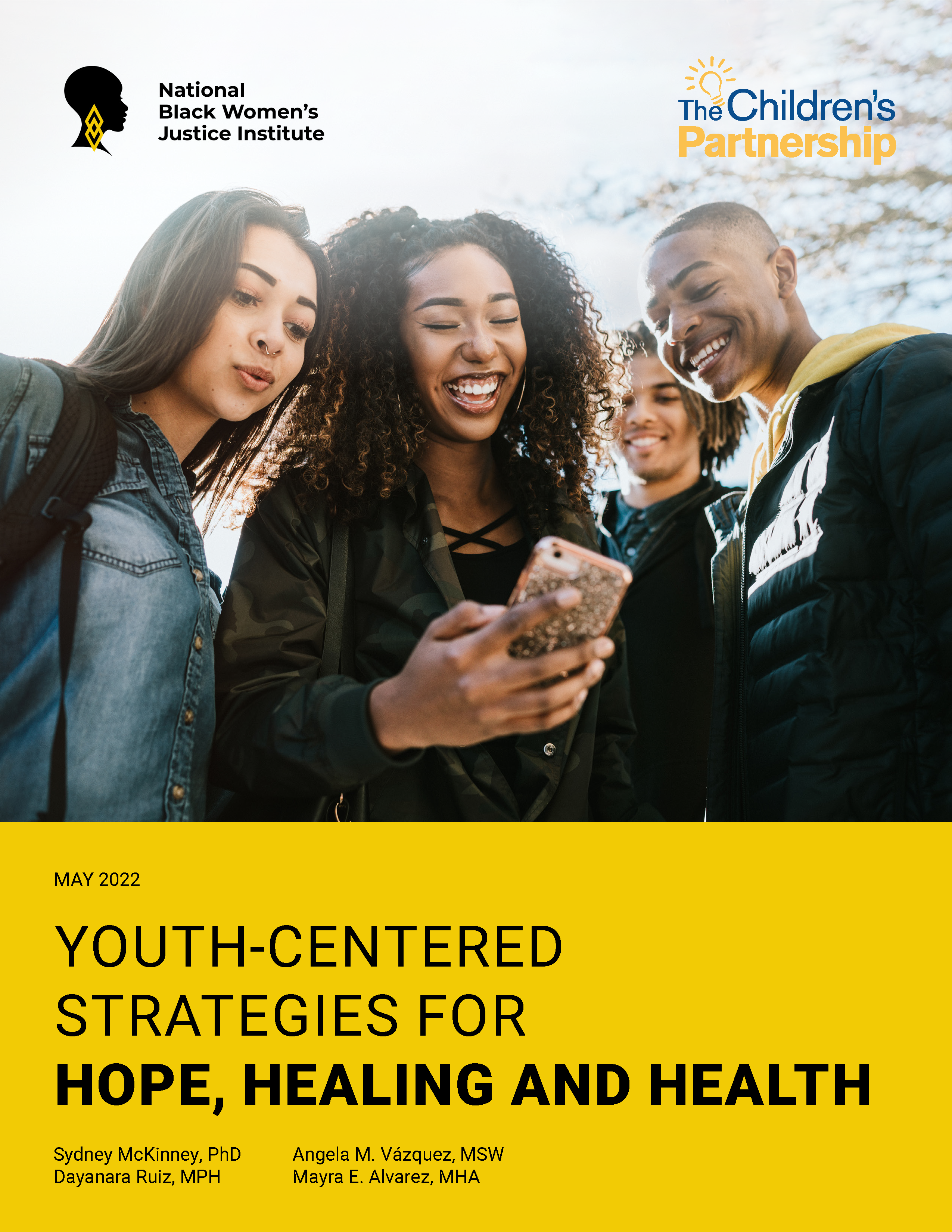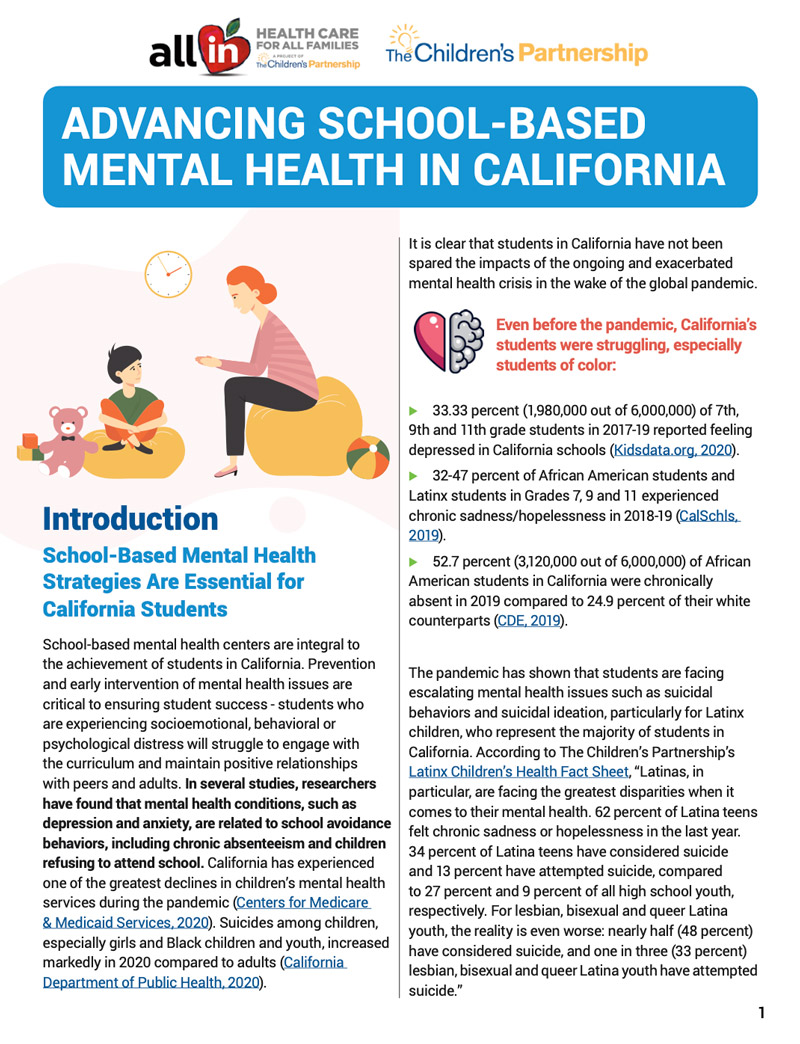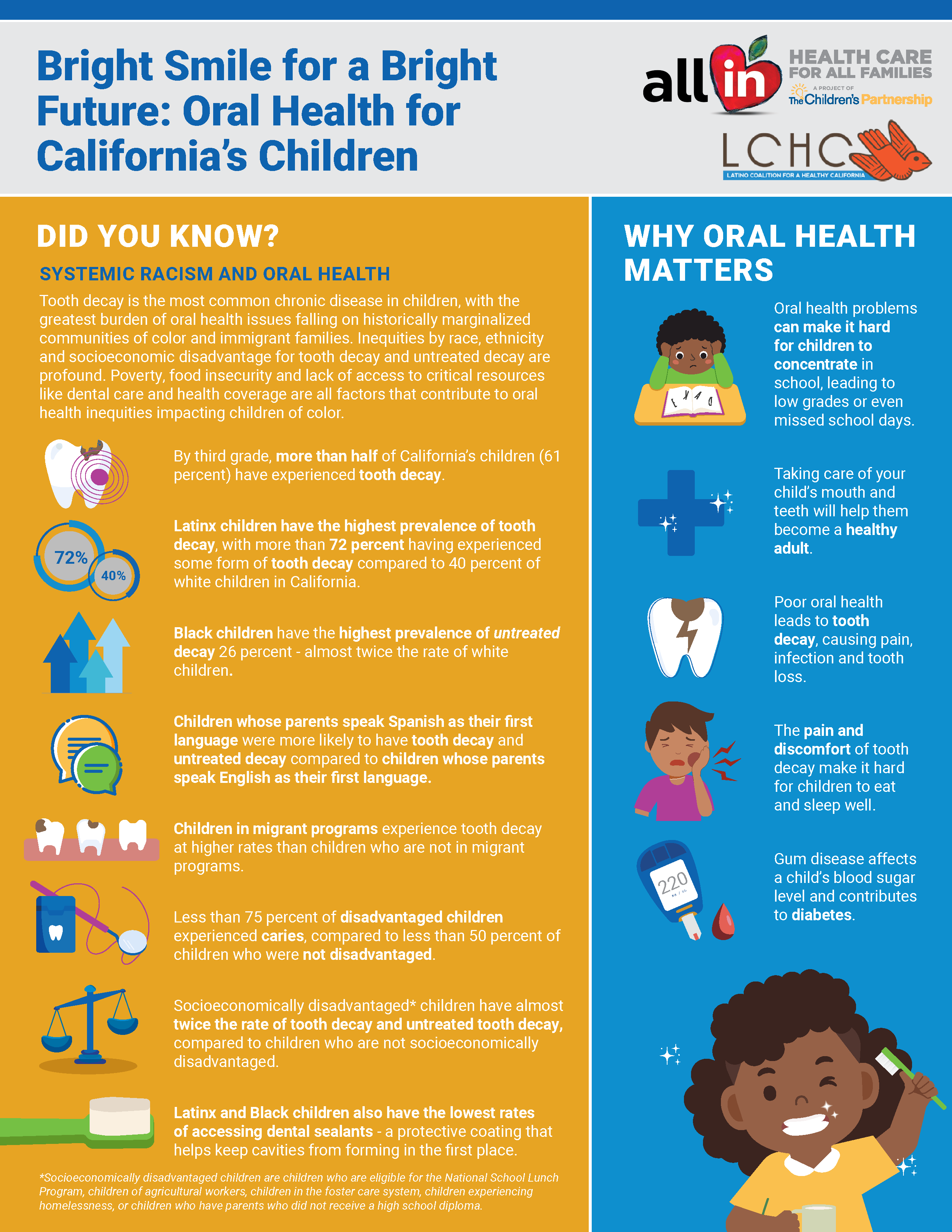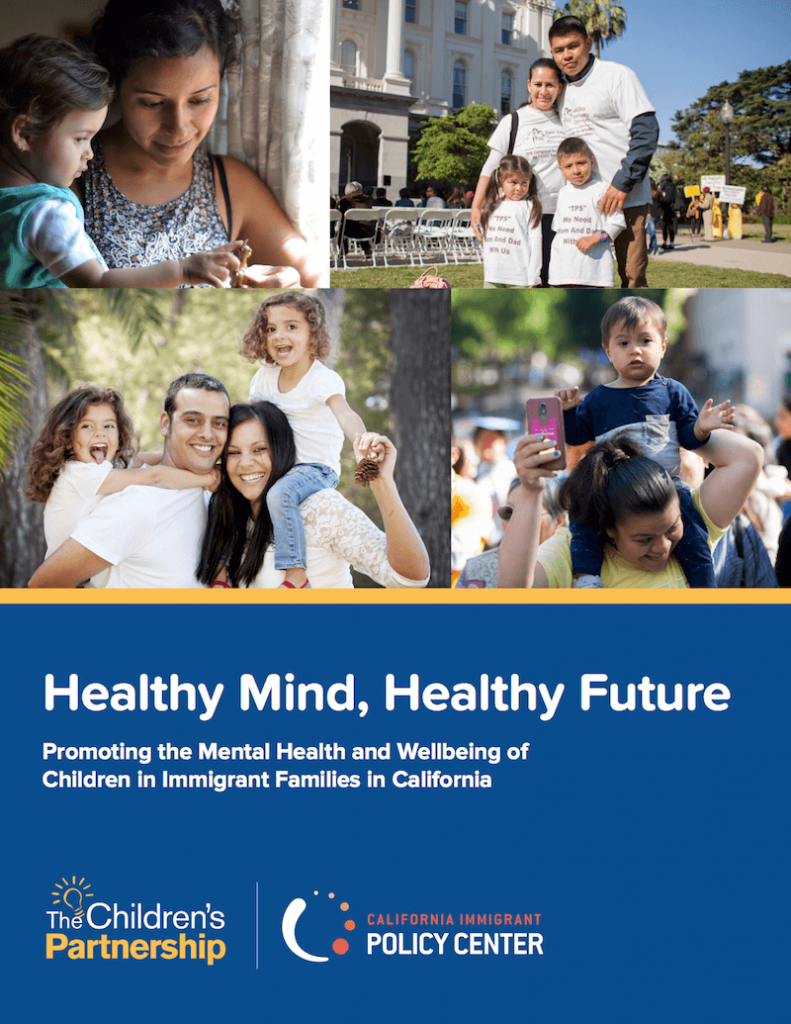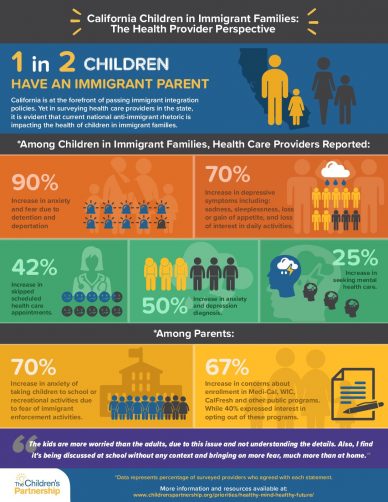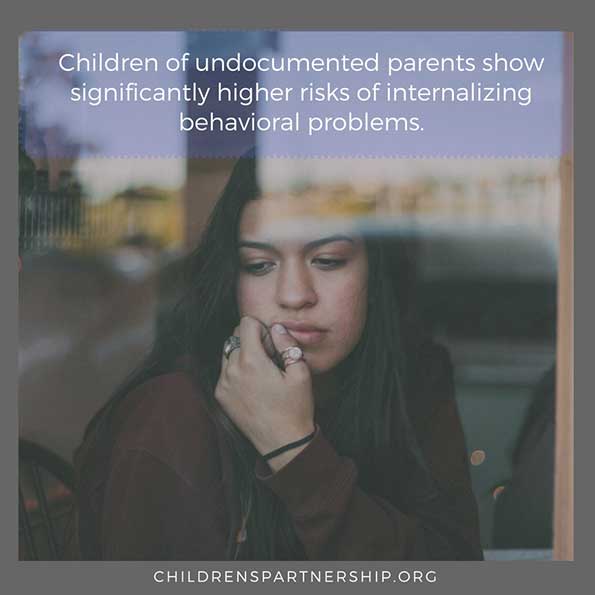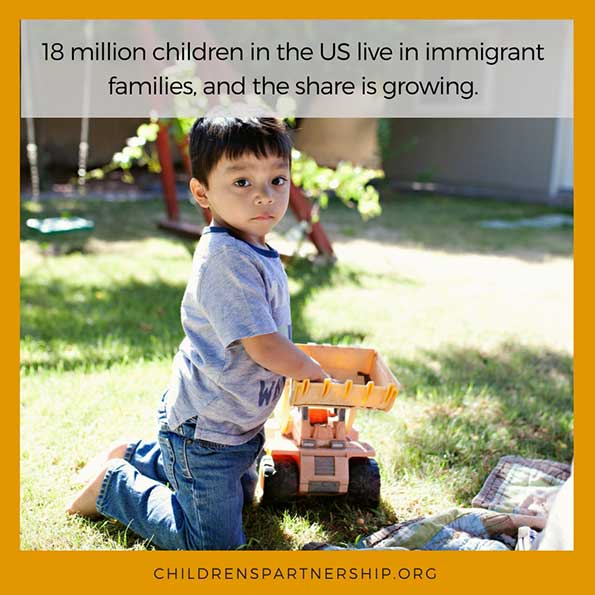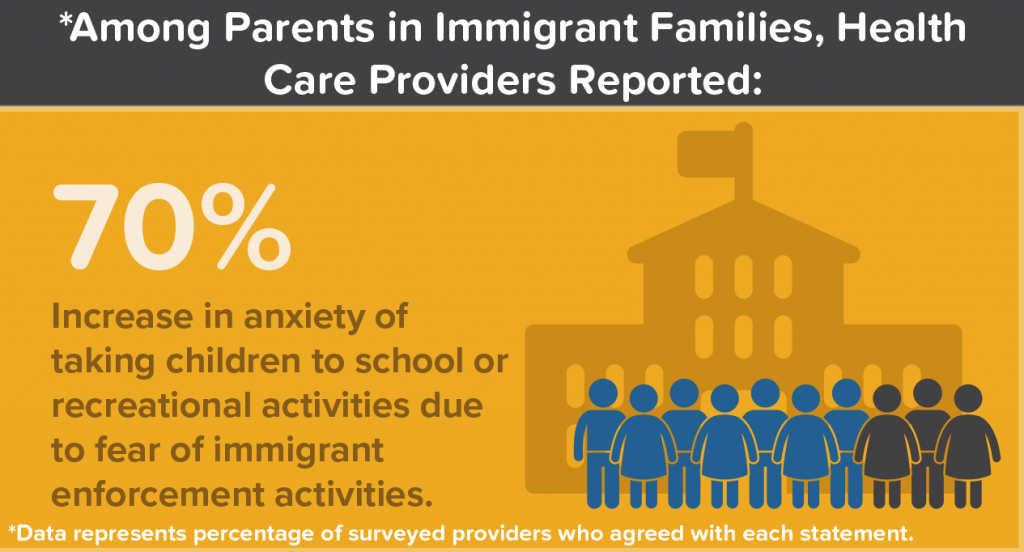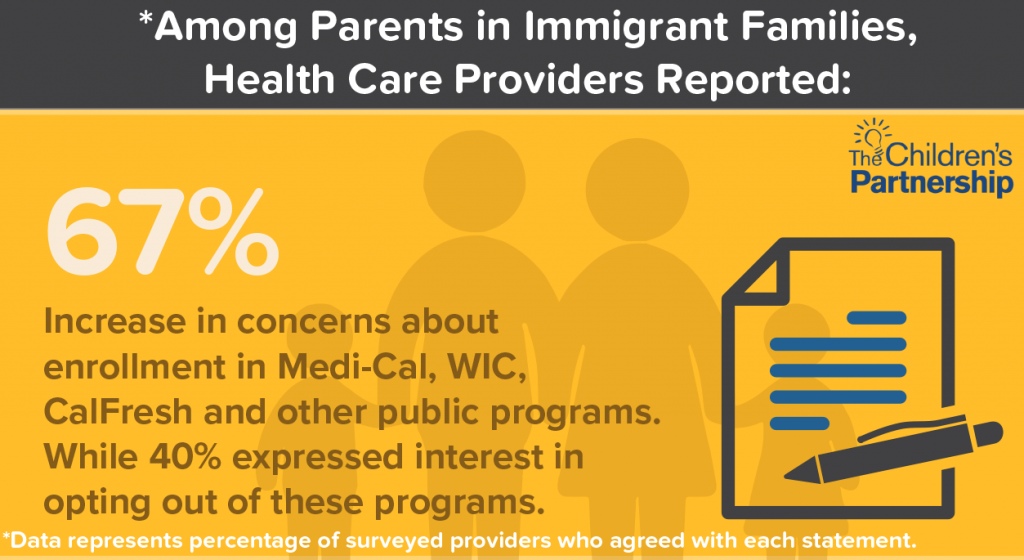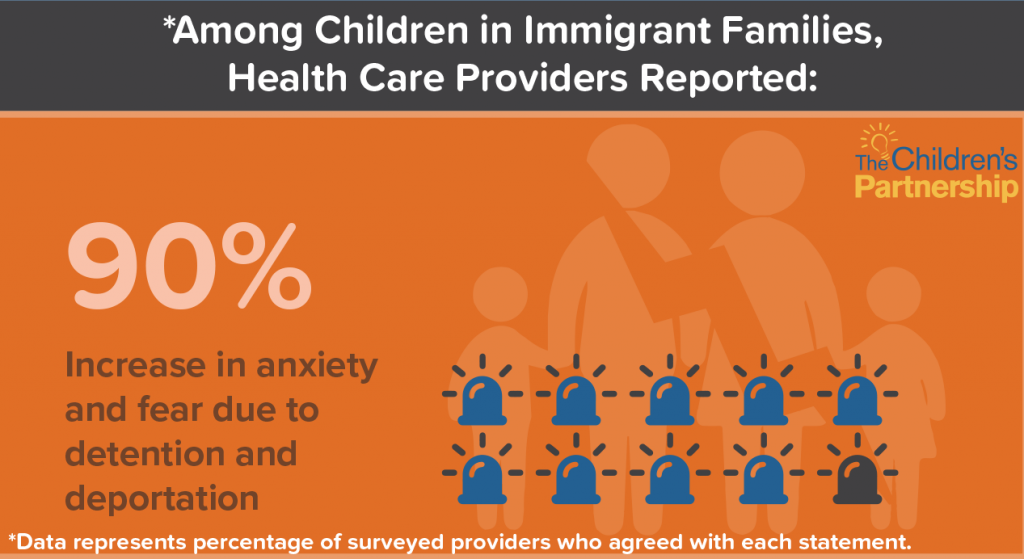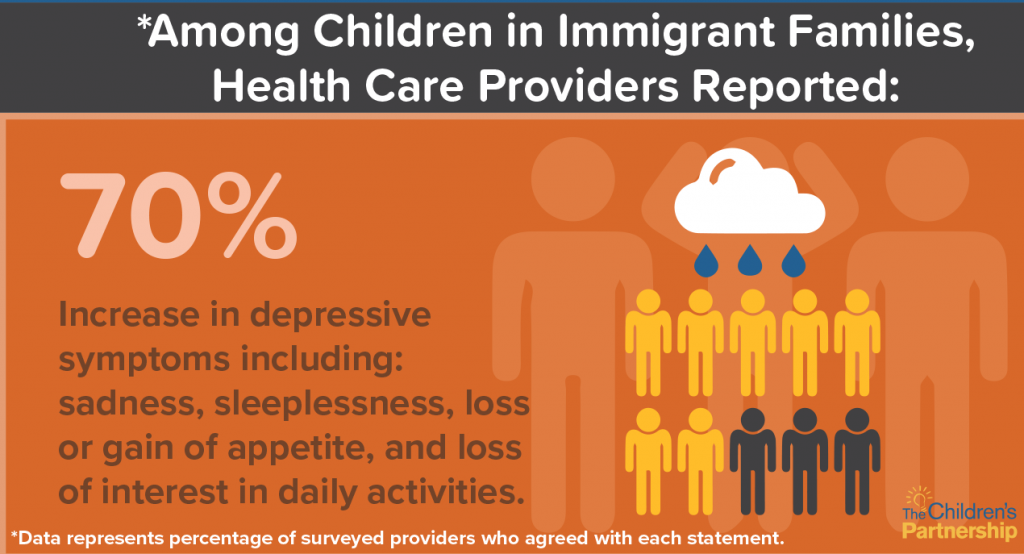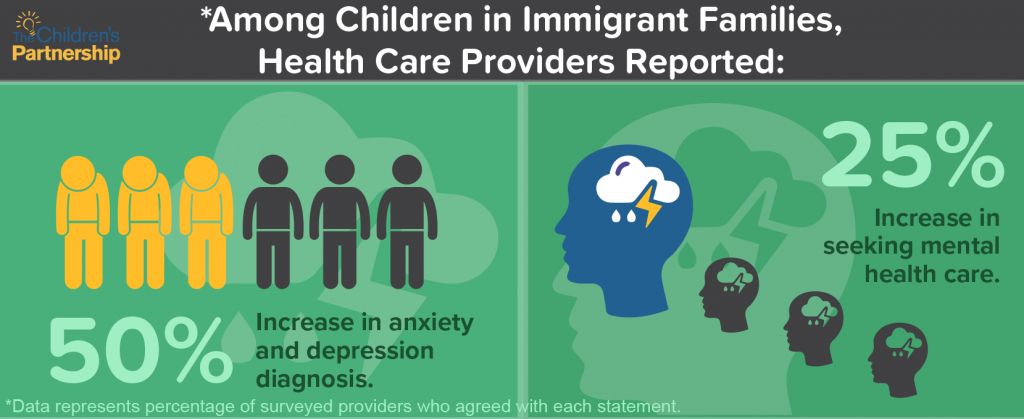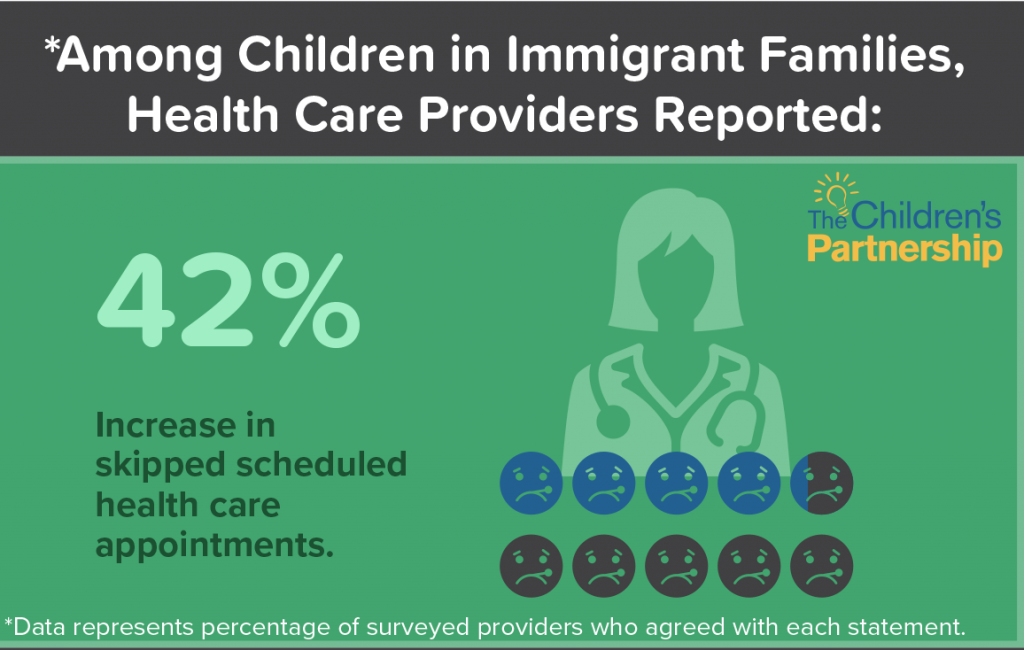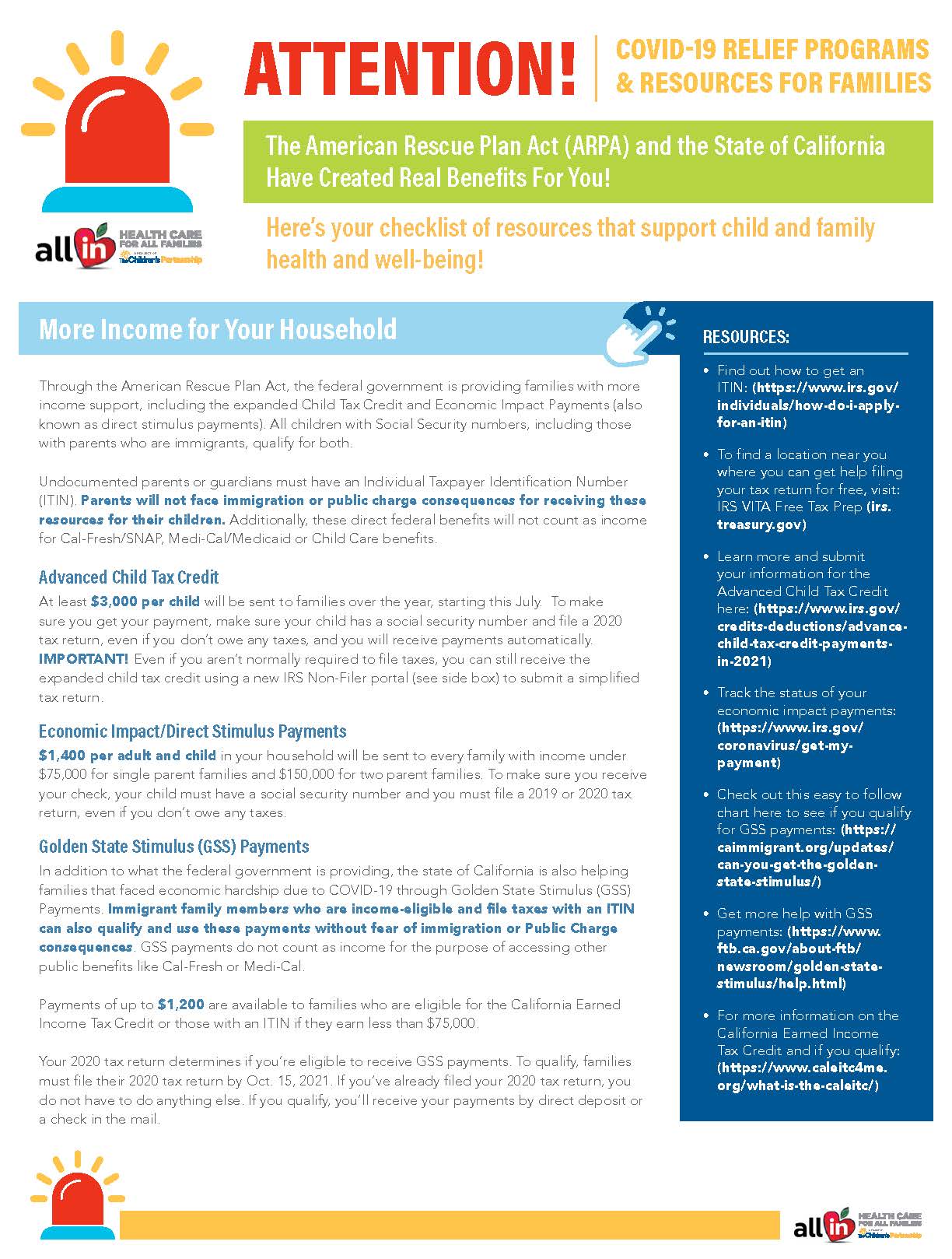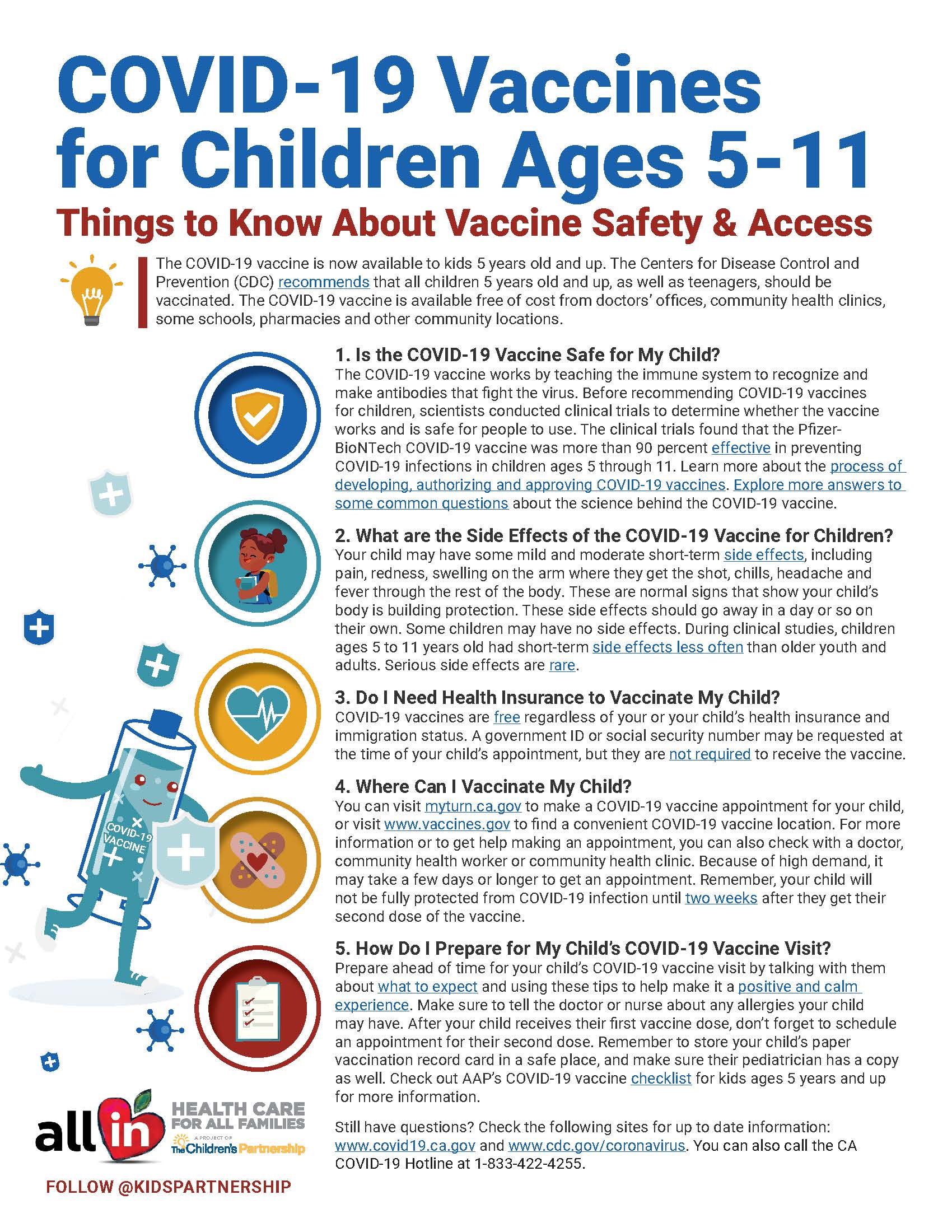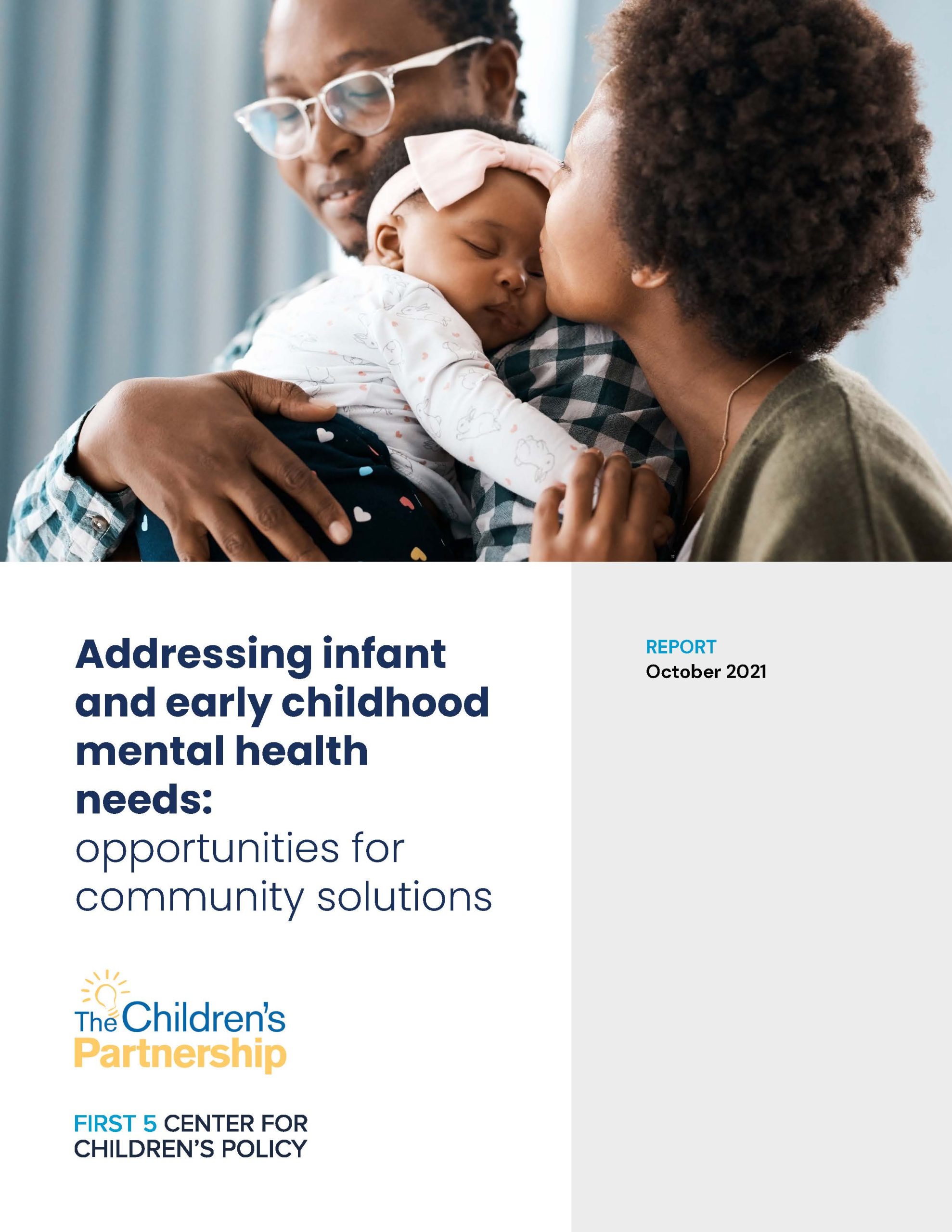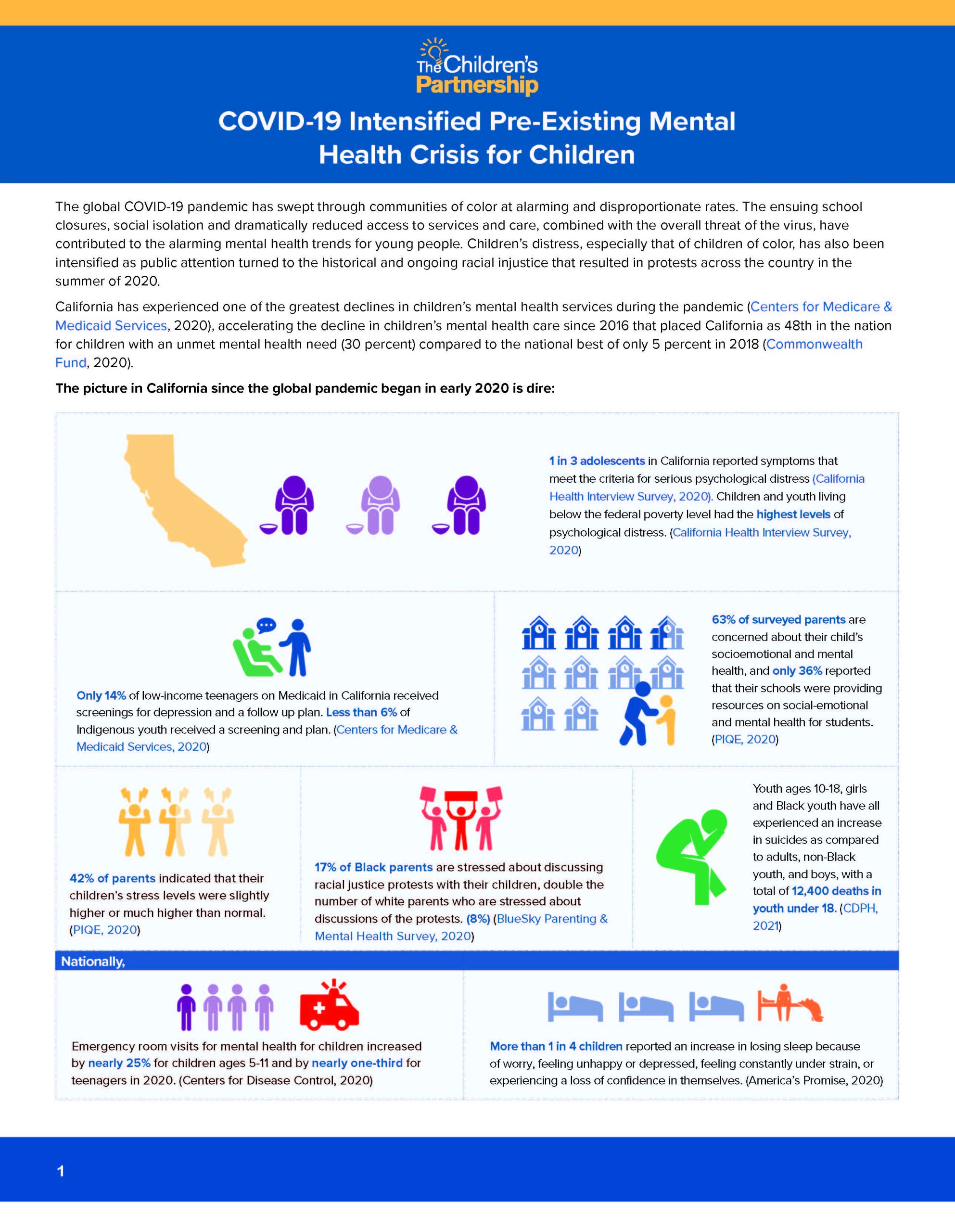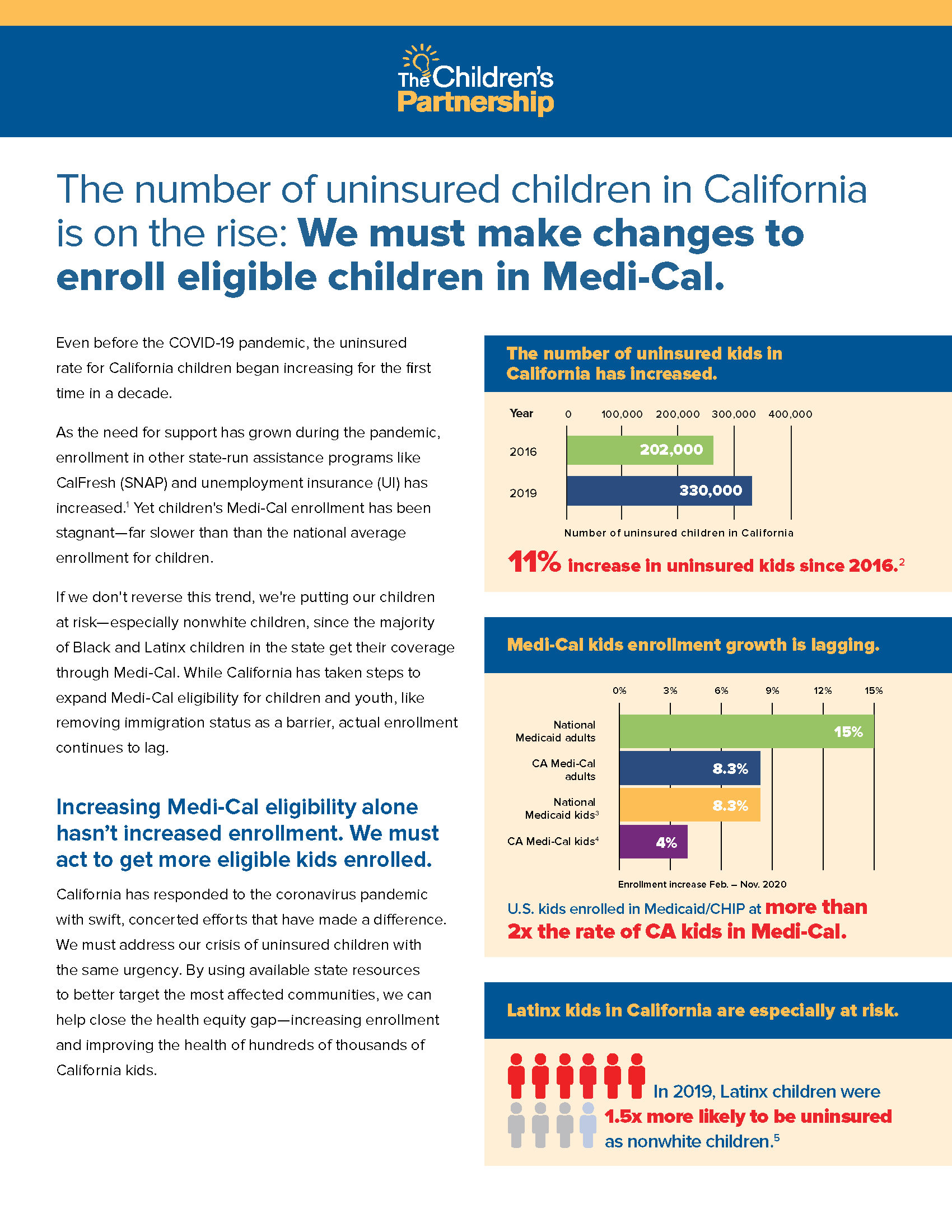
In the spring and summer of 2020, youth in the United States experienced a cascade of community trauma and stressors. The global COVID-19 pandemic swept through communities of color at alarming and disproportionate rates compared to white communities. The ensuing school closures, social isolation and dramatically reduced access to services and care, combined with the overall threat of the virus and the collective and individual grief over loved ones who died from COVID-19, have produced alarming mental health trends for young people. The public health crisis also coincides with horrific incidents of police brutality that have renewed momentum toward racial justice and healing in response to calls to action heard across the country. In light of the past year, with a devastating global pandemic and renewed momentum toward anti-racist policy solutions, the need for adequate, culturally responsive and gender affirming mental health needs is as apparent and urgent as ever.
In response to the historic and quickly escalating crisis of mental health for youth from marginalized communities, The Children’s Partnership (TCP) and the National Black Women’s Justice Institute (NBWJI) formed The Hope, Healing and Health Collective (H3 Collective), a youth-led policy council, with support and thought partnership from adult allies within policy, research and direct service and government, that developed a policy agenda to build the capacity of youth-serving systems to provide effective and compassionate care to young people and their communities.
The report, Youth-Centered Strategies for Hope, Healing and Health, sets forth actionable solutions that policymakers at the federal, state and local levels can implement to build a culturally-responsive and gender-affirming mental health care system for all youth, especially youth of color.

Advancing School-Based Mental Health in California
Prevention and early intervention of mental health issues is critical to ensuring student success – students who are experiencing socioemotional, behavioral or psychological distress will struggle to engage with the curriculum and maintain positive relationships with peers and adults. We know that when children are given the proper resources to thrive, they are more likely to succeed in school and in life.
In this brief, Advancing School-Based Mental Health in California, The Children’s Partnership (TCP) provides an overview of key components of school-based mental health models and includes data that demonstrates whole-child approaches to student success are integral to the achievement of students in California, especially students from marginalized communities.

Tooth decay is the most common chronic disease in children, with the greatest burden of oral health issues falling on historically marginalized communities of color and immigrant families.
We partnered with the Latino Coalition for a Healthy California to create a two-page fact sheet that includes information to parents and families on why protecting the oral health of their children is important for their well-being and their future. We also share critical resources around accessing dental coverage through Medi-Cal and Covered California. Our fact sheet gives parents quick and easy tools to prevent tooth decay in their kids. Click below to access the fact sheet in either English or Spanish.
Help us uplift the content of this fact sheet to reach more parents and families by using our social media toolkit! Click here to access the toolkit.

Healthy Mind, Healthy Future
PROMOTING THE MENTAL HEALTH AND WELLBEING OF CHILDREN IN IMMIGRANT FAMILIES
Last year, The Children’s Partnership and the California Immigrant Policy Center joined efforts to launch Healthy Mind, Healthy Future, a research and policy project that aims to better understand the impact of heightened immigration enforcement activities and anti-immigrant rhetoric on the mental health and wellbeing of children in immigrant families in California, and identify what more California can do to support children in immigrant families.
Our new report, Healthy Mind, Healthy Future: Promoting the Mental Health and Wellbeing of Children in Immigrant Families, documents our research project, including results from focus groups and surveys among immigrant families, surveys among health care providers, and key informant interviews among a variety of stakeholders throughout California. The report also shines a spotlight on promising programs and practices in California that demonstrate how many schools, clinics, and community-based organizations in the state are taking matters into their own hands to help mitigate the increased fear and anxiety among immigrant families.
THE EFFECT OF HOSTILE IMMIGRATION POLICIES ON CHILDREN’S MENTAL HEALTH
Children of immigrants are the fastest-growing child population in the United States. They will be an increasingly important part of our workforce and will help subsidize Medicare and contribute to state and local economies. As California remains a change agent for our nation and immigrant communities, The Children’s Partnership and the California Immigrant Policy Center are combining efforts to examine the impact of immigration policies and actions on the mental health of children in immigrant families in California and identify what more can be done at the local, state, and national level to support the healthy development of these children. The release of the brief The Effect of Hostile Immigration Policies on Children’s Mental Health is the first in a series of initiatives to better understand what more we can do as a community to support the health and wellbeing of children in immigrant families. In the coming weeks, we will assess the impact of harmful federal policy changes on children in immigrant families in California. With commitment and leadership focused on sensible policy solutions, we can ensure that children in immigrant families remain healthy, feel secure, and continue to thrive.
CALIFORNIA CHILDREN IN IMMIGRANT FAMILIES: THE HEALTH PROVIDER PERSPECTIVE
1 in 2 Children HAVE AN IMMIGRANT PARENT. California is at the forefront of passing immigrant integration policies. Yet in surveying health care providers in the state, it is evident that current national anti-immigrant rhetoric is impacting the health of children in immigrant families.
The Children’s Partnership commissioned a 27 question survey on immigrant children’s and families’ access to care and overall health. It was distributed to health care providers across California; 151 individuals who provide and coordinate health care services completed the survey. Survey respondents represented counties across the state with most being from Southern (n= 70, 50.4%) and Northern California (n=58, 38.4%). The survey asked respondents about a variety of topics related to changes in health care access as well as immigrant family health and wellbeing since the November 2016 General Election, and it also asked them to identify resources needed to effectively provide care to immigrant families. The percentages reflected in the one pager represent surveyed providers agreement with each statement*.
Data reflected in the one pager was rounded to nearest percentile. More details can be found here:
- Nearly 90% of providers stated that children in immigrant families experienced increased anxiety and fear due to detention and deportation (n=121, 87%)
- Over 70% reported an increase in children experiencing symptoms of depression (such as feelings of sadness, sleeping problems, loss or gain of appetite, loss of interest in activities they used to enjoy) (n=97, 72.4%)
- 42% reported children in immigrant families were increasingly skipping scheduled health care appointments (n=64; 42.4%),
- Nearly 50% of respondents stated that immigrant children are increasingly being diagnosed with mental health conditions such as anxiety and depression (n=76, 49.2%),
- Almost a quarter said that parents are increasingly seeking mental health care for their children (n=45, or 23.4%).
- Almost 70% of providers reported that immigrant families were increasingly expressing fear in bringing their children to school, the park, or recreational activities due to fear of immigrant enforcement activities (n=104, 69.4%).
- Two-thirds of respondents observed an increase in families concerns about enrolling in Medi-Cal, WIC, CalFresh or other public programs (n=101, 66.9%)
- While nearly 40% stated that immigrant families have increasingly expressed interest in disenrolling in Medi-Cal, WIC, CalFresh or other public programs (n=56, 37.6%).
This document is brought to you by The Children’s Partnership, The California Program on Access to Care (CPAC), California Primary Care Association, Dr. Cecilia Ayon, and the 151 providers who participated in the survey.
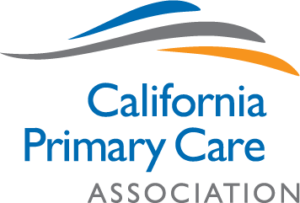

References
- Charmaz, K. (2006). Constructing grounded theory: A practical guide through qualitative analysis. Thousand Oaks, CA: Sage.
- Costello, M. (2016). After election day: The Trump effect// The impact of the 2016 presidential election on our nation’s schools. Southern Poverty Law Center, Retrieved from https://www.splcenter.org/sites/default/files/the_trump_effect.pdf
- Potochnick, S. R., & Perreira, K. M. (2010). Depression and anxiety among first-generation immigrant Latino youth. Journal of Nervous and Mental Disease, 198(7), 470-477.
- Priest, N., Paradies, Y., Trenerry, B., Truong, M., Karlsen, S., & Kelly, Y. (2013). A systematic review of studies examining the relationship between reported racism and health and wellbeing for children and young people. Social Science & Medicine, 95, 115-127.
- Umaña-Taylor, A. J., Tynes, B. M., Toomey, R. B., et al. (2015). Latino adolescents’ perceived discrimination in online and offline settings: An examination of cultural risk and protective factors.Developmental Psychology, 51(1), 87-100.
EMERGING HEALTH NEEDS OF IMMIGRANT FAMILIES IN CALIFORNIA
In partnership with The California Program on Access to Care (CPAC), California Primary Care Association & and the 151 providers who participated in the survey, we’ve released a report on Emerging Health Needs of Immigrant Families in California.
HEALTHY MIND HEALTHY FUTURE WEBINAR
We held a webinar on August 7th to give you all an exclusive first look at our research findings before we release our report. Download the webinar to learn about our research findings, implications on the health and wellbeing of children in California, and opportunities for future advocacy. Feel free to share with your networks. #HealthyMindHealthyFuture
JOINT BLOG
Read our Executive Directors’ joint blog to learn more about our shared goals and our first-hand knowledge. As one is the daughter of Mexican immigrants and the other an immigrant from the Philippines, we take this work personally and take pride in the work we are doing to support children in immigrant families.
SHARE
To download: Right-click the desired image and choose Save Image.
Tweet: #California is home to 9 million #children, half of which have an immigrant parent. New @KidsPartnership report provides a health provider perspective on California’s children in immigrant families. https://bit.ly/2IMY61u
Tweet: Immigrant families have long endured trauma, anxiety & other longstanding negative health impacts due 2 unjust policies that separate families & go against American values of inclusion & equality. Learn about the health implications of these policies at: https://bit.ly/2IMY61u
Tweet: DYK: 90% of surveyed health care providers in #CA reported an increase in anxiety and fear, among children in immigrant families, due to detention and deportation. 50% of providers also saw an increase in anxiety and depression diagnosis. Learn more: https://bit.ly/2IMY61u
Tweet: @KidsPartnership commissioned a survey on #California’s #children in #immigrant families’ and their families access to care & overall #health. Findings highlight negative effects of federal anti-family and anti-immigrant policies. Learn more: https://bit.ly/2IMY61u

American Rescue Plan: Resources for Families
Through the American Rescue Plan Act, the federal government is providing families with more income support, unemployment benefits, rent relief, reduced health care costs, broadband benefits and more!
We developed a comprehensive checklist translated into multiple languages to help parents and families learn more about how to access these benefits. Click below to read the checklist in your preferred language.
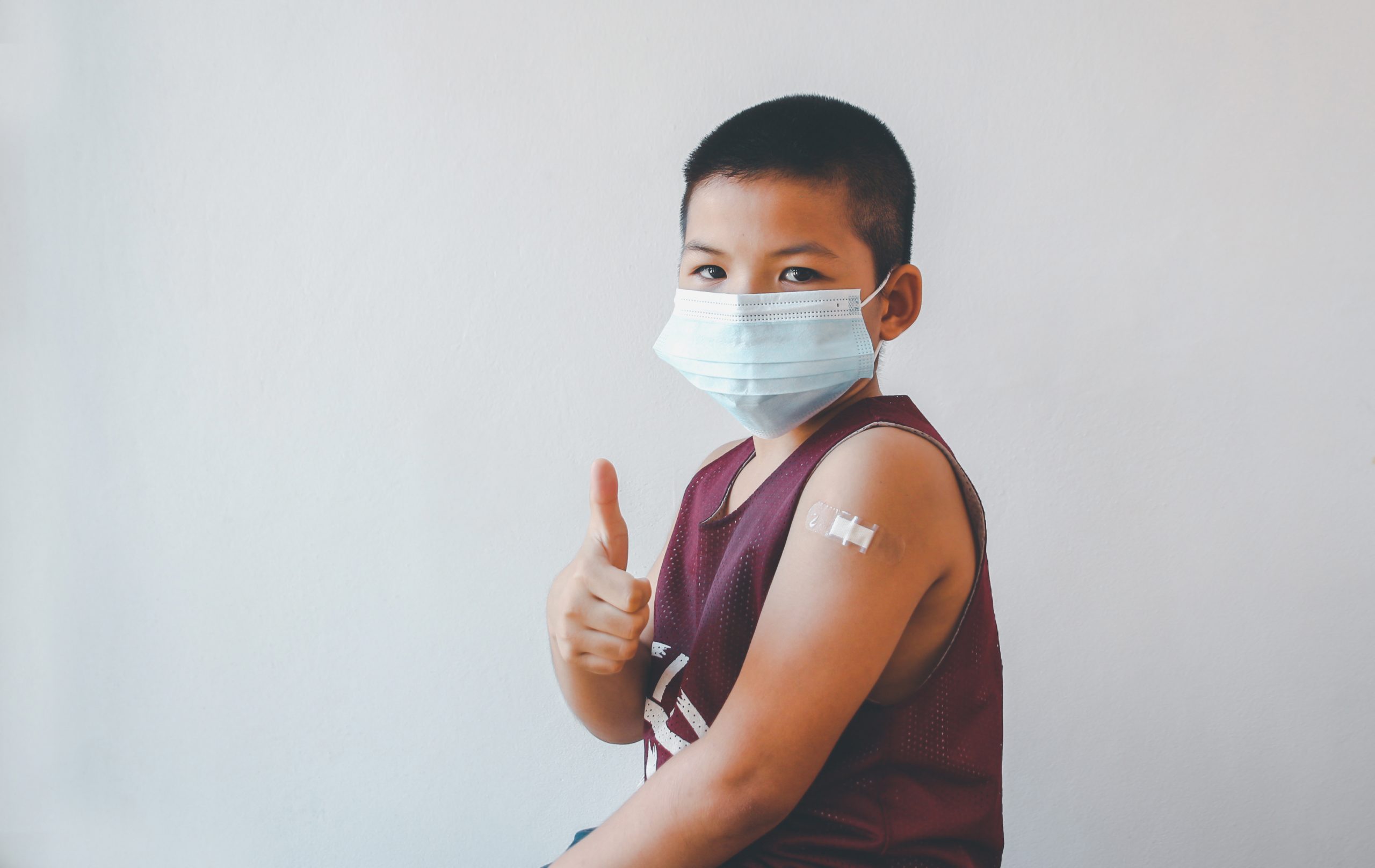
COVID-19 Vaccines for Children Ages 5-11
The COVID-19 vaccine is now available to kids 5 years old and up. The Centers for Disease Control and Prevention (CDC) recommends that all children 5 years old and up, as well as teenagers, should be vaccinated. The COVID-19 vaccine is available free of cost from doctors’ offices, community health clinics, some schools, pharmacies and other community locations.
We developed a quick and easy fact sheet with five things families and parents need to know about the COVID-19 vaccine for their young children! There is a lot of information available about the various COVID-19 vaccines, and it can feel overwhelming. To help with that, we wanted to provide you with information and resources to better understand the process and safety. Click below to access the fact sheets!
If you or your organization would like to share these fact sheets with your audiences, we’re providing the raw files so you can add your own branding! Click below to download the InDesign files in both Spanish and English to add your logo, website and social media handles.

California’s children and families are under significant and escalating toxic stress, from both the COVID-19 pandemic and longstanding historical and systemic issues such as poverty, racism and other forms of community and individual trauma.
This moment in history could be pivotal in the landscape of California’s early childhood mental health. Conditions created by the pandemic, such as isolation, economic stress, and community trauma, are all proven to negatively impact a child’s ability to thrive. It is vitally important that young children and their parents and caregivers receive the interventions necessary to support their mental health during this critical time.
This report delves into the historical and escalating mental health needs of very young children, the current landscape, and the ways in which California, local agencies, and communities must bolster their support and resources in the wake of the pandemic and its potential impacts on child development. This paper focuses specifically on community-based programs in California supporting infants, toddlers, and preschoolers’ social-emotional health, as well as their goals, service models, and funding sources.

The global COVID-19 pandemic has swept through communities of color at alarming and disproportionate rates. The ensuing school closures, social isolation and dramatically reduced access to services and care, combined with the overall threat of the virus, have contributed to the alarming mental health trends for young people. Children’s distress, especially that of children of color, has also been intensified as public attention turned to the historical and ongoing racial injustice that resulted in protests across the country in the summer of 2020.
California has experienced one of the greatest declines in children’s mental health services during the pandemic (Centers for Medicare & Medicaid Services, 2020), accelerating the decline in children’s mental health care since 2016 that placed California as 48th in the nation for children with an unmet mental health need (30 percent) compared to the national best of only 5 percent in 2018 (Commonwealth Fund, 2020).
Read our latest fact sheet that includes a snapshot of the mental health crisis since the pandemic began.

Resources from The State of Latinx Children in America
On September 22, we collaborated with Children at Risk to present The State of Latinx Children in the United States to bring awareness on issues and opportunities impacting the over 18 million Latinx children living in our country. TCP’s Managing Director of Policy, Gabriella Barbosa, moderated the event which included panels on education, health and economic justice with policy and practice experts from organizations in California, Texas and Utah. Click here to watch the event and here for information on the speakers! Check out some of the resources shared with attendees below.
Learn more about our speakers’ work:
- Learn more about Gabriella Barbosa’s work.
- Learn more about Dr. Bob Sanborn’s work.
- Learn more about Ramon & Christian Cardenas’ work, and explore the Lxs Dos Instagram.
- Learn more about Dr. Frederick‘s work.
- Learn more about Mar Velez‘s work.
- Learn more about Ciriac Alvarez Valle’s work.
- Learn more about Andy Canales’ work.
- Learn more about Ana Graciela Nájera Mendoza’s work.
- Learn more about Coda Rayo-Garza’s work.
- Learn more about Sabrina De Santiago’s work.
- Learn more about Matthew Weinstein’s work.
- Learn more about Congresswoman Escobar’s work.
Resources and links shared:
- View our one-pager on Latinx children’s health in California with the Latino Coalition for a Healthy California, and access our digital toolkit!
- Read ACLU Nor Cal’s report “The Right to Remain a Student (2016)“
- Read “Here to Learn” (2018) published by ACLU of Southern California.
- Read “Cops and No Counselors (2019)” from ACLU.
- Read the “Our Right to Resources (2020)” report and access the accompanying toolkit.
- Read “No Police in Schools (2021)” from ACLU of Southern California
- View the “State of Student Wellness (2021)” one-pager.
- Encourage students in California to Know Their Rights.

Prior to the COVID-19 pandemic, the number of uninsured children increased for the first time in a decade. Since the pandemic began, when need of support has been at its highest, Medi-Cal enrollment for children has lagged. Children’s health care dropped off and has not fully bounced back, leaving gaps in vaccinations, well child visits and mental health care.
Continuous coverage is essential to ensure children stay connected to health care. Read our newest fact sheet on Medi-Cal enrollment that highlights a few strategies California policymakers should consider to enroll more eligible children.

